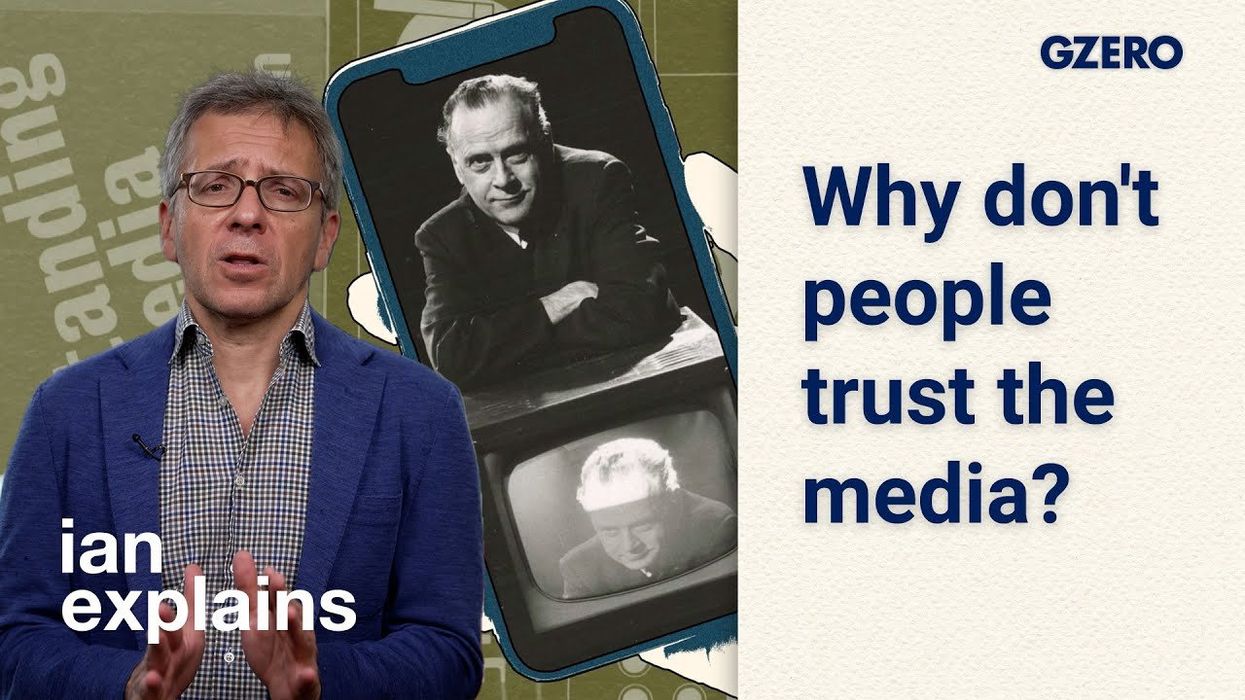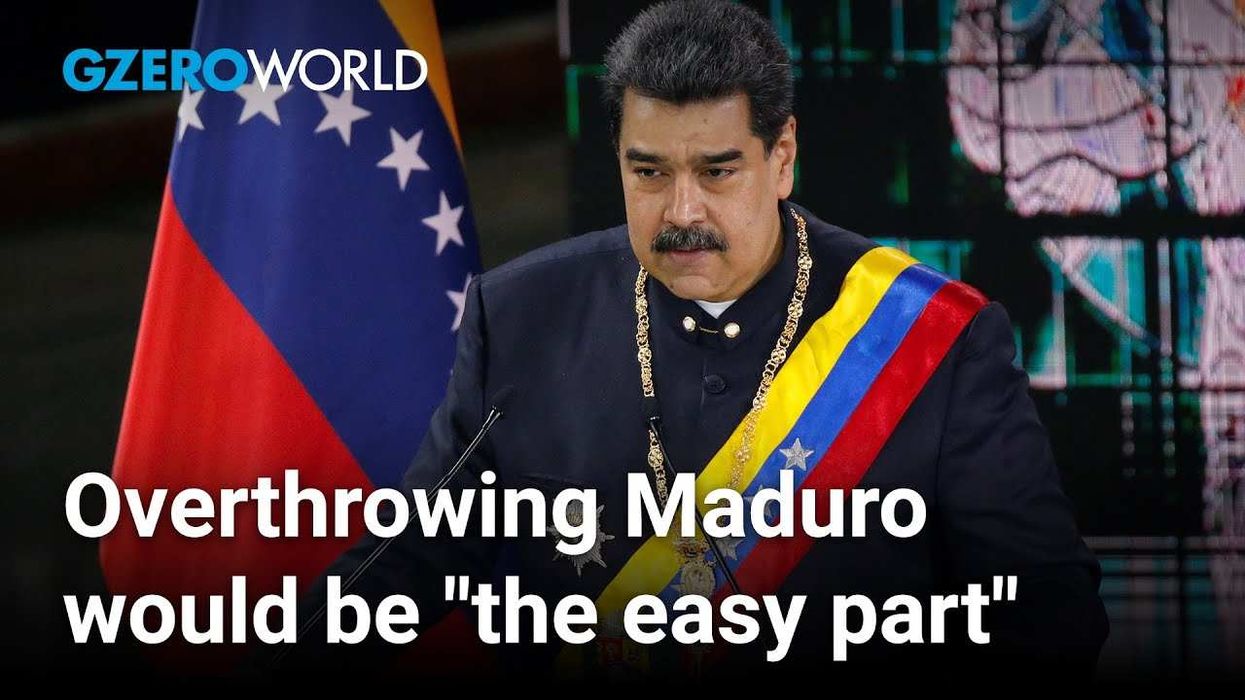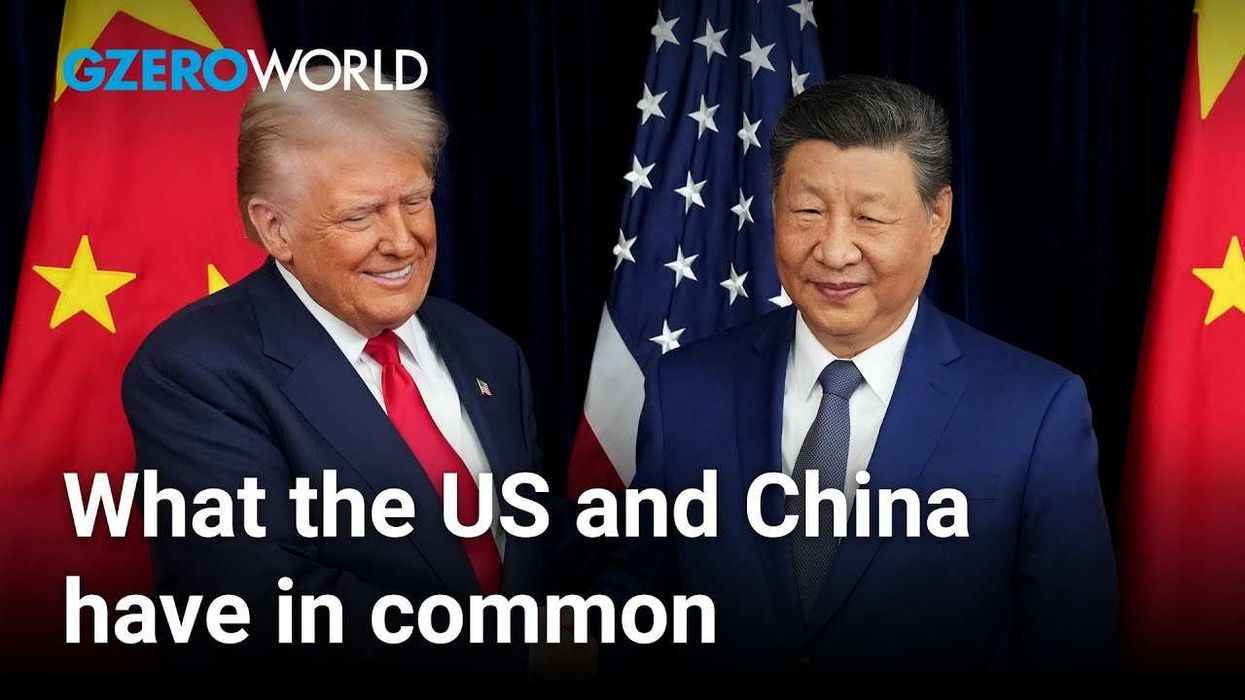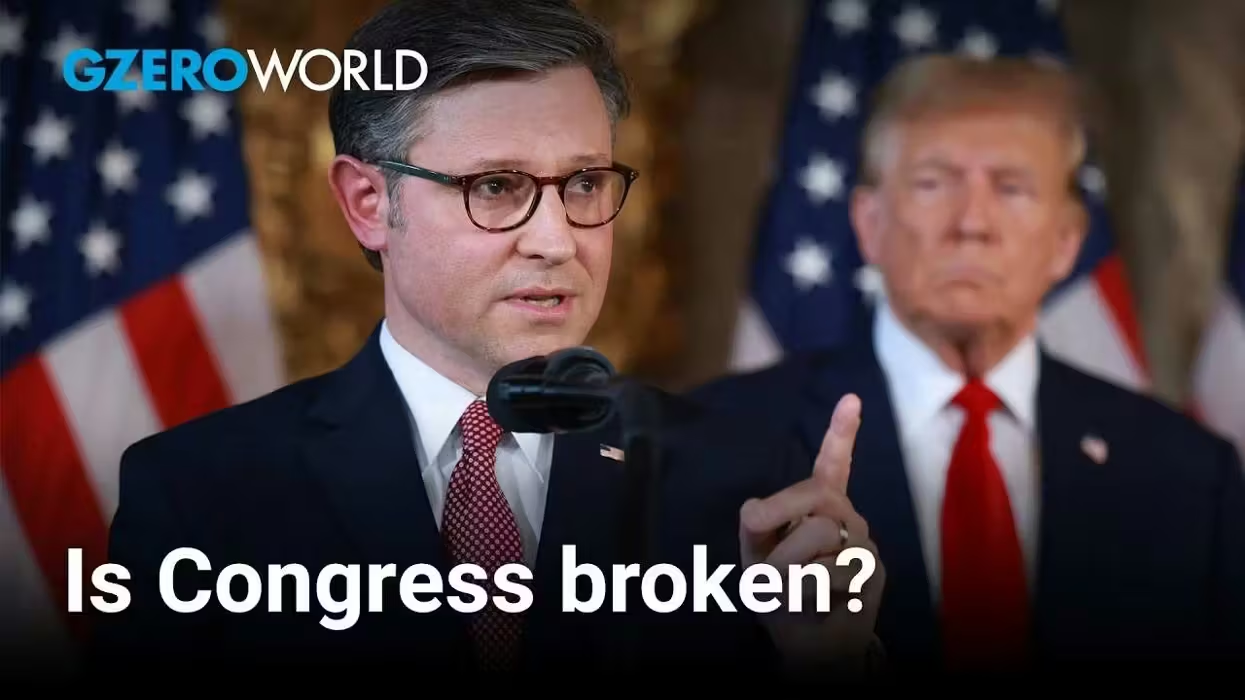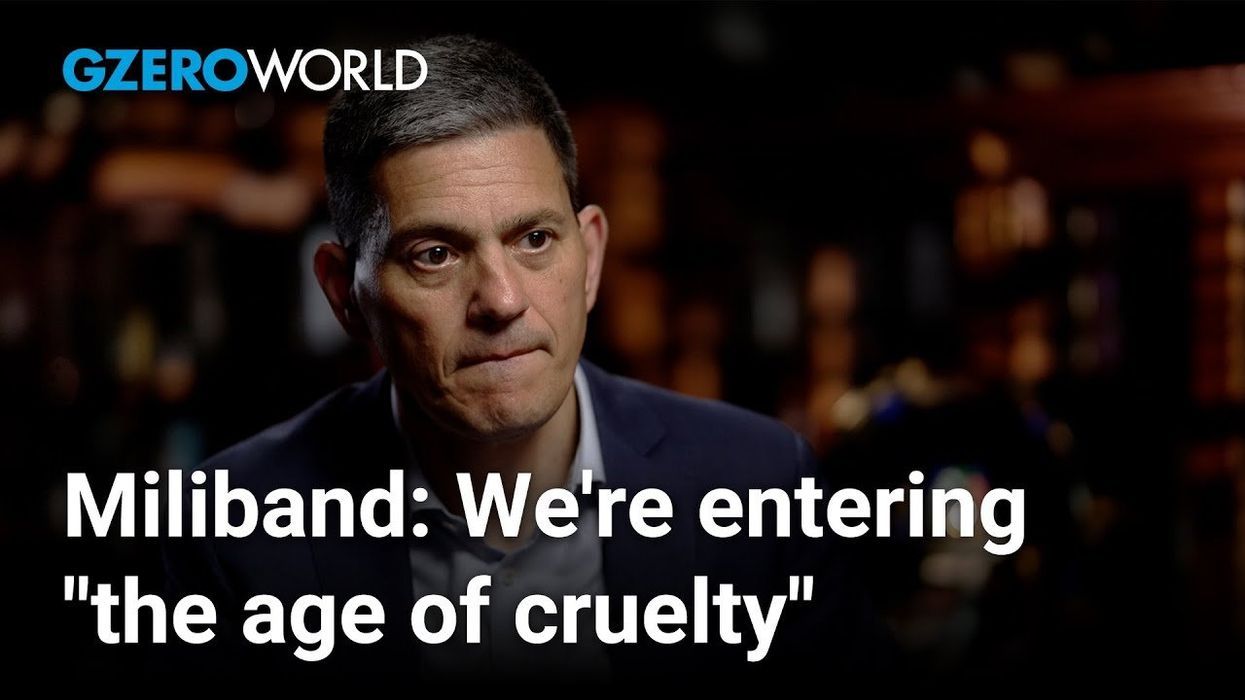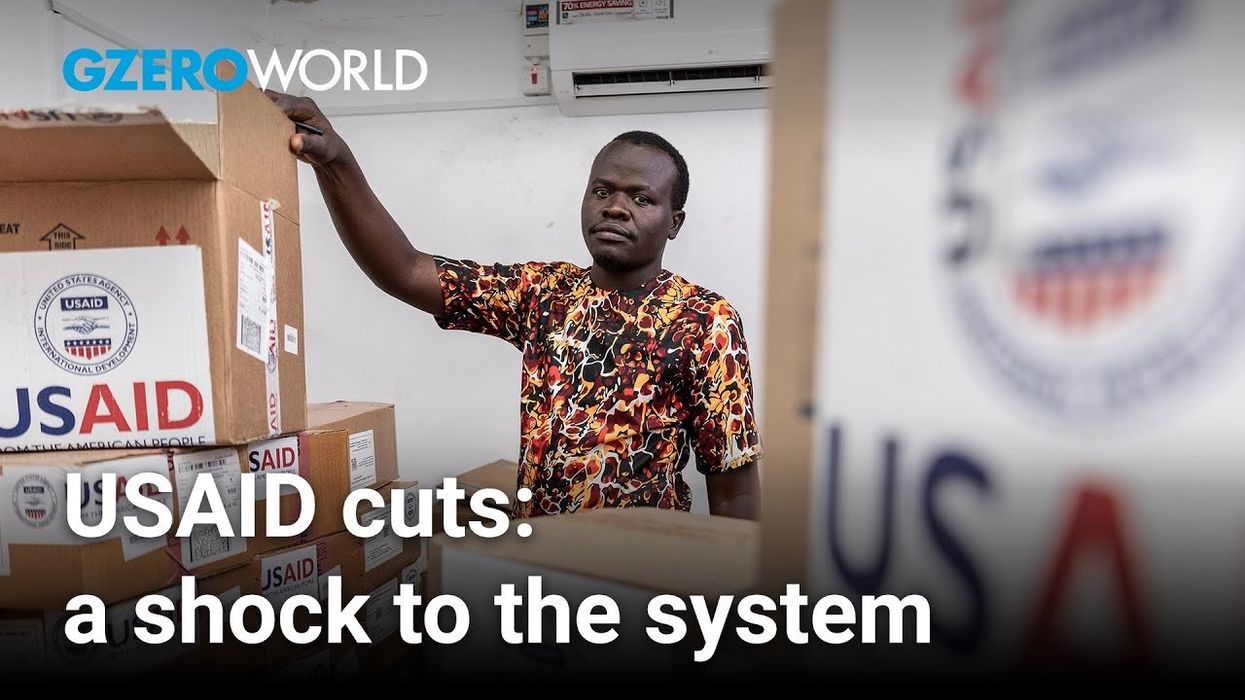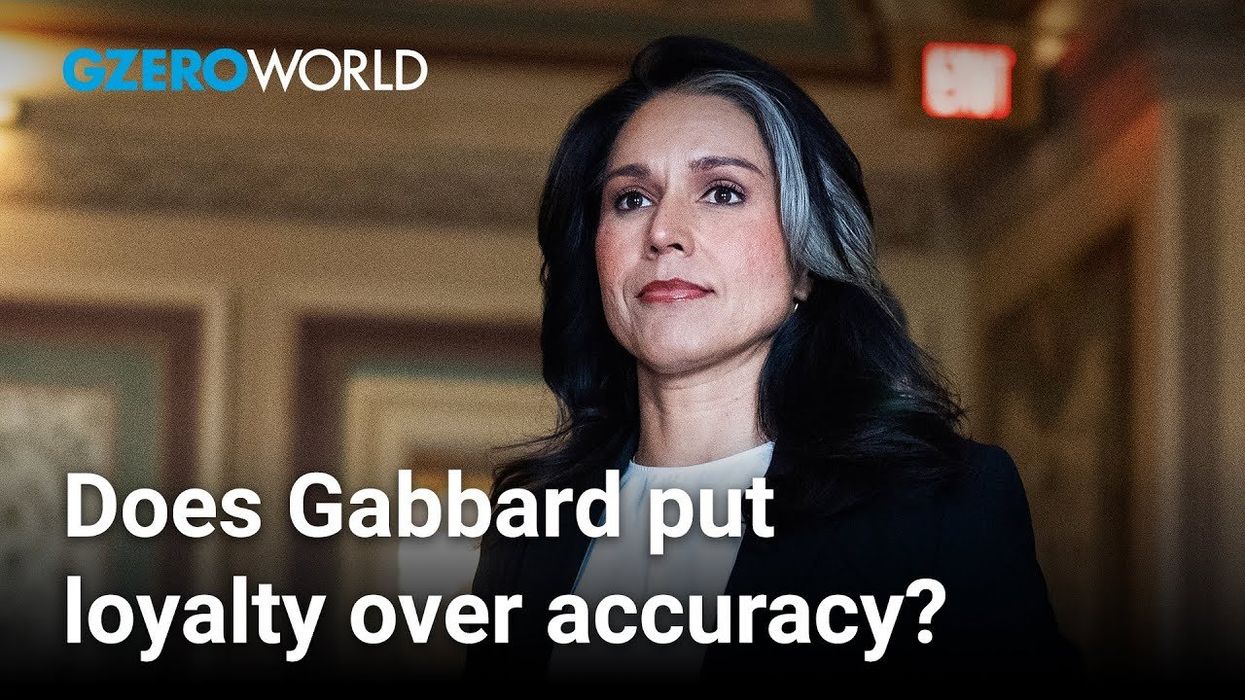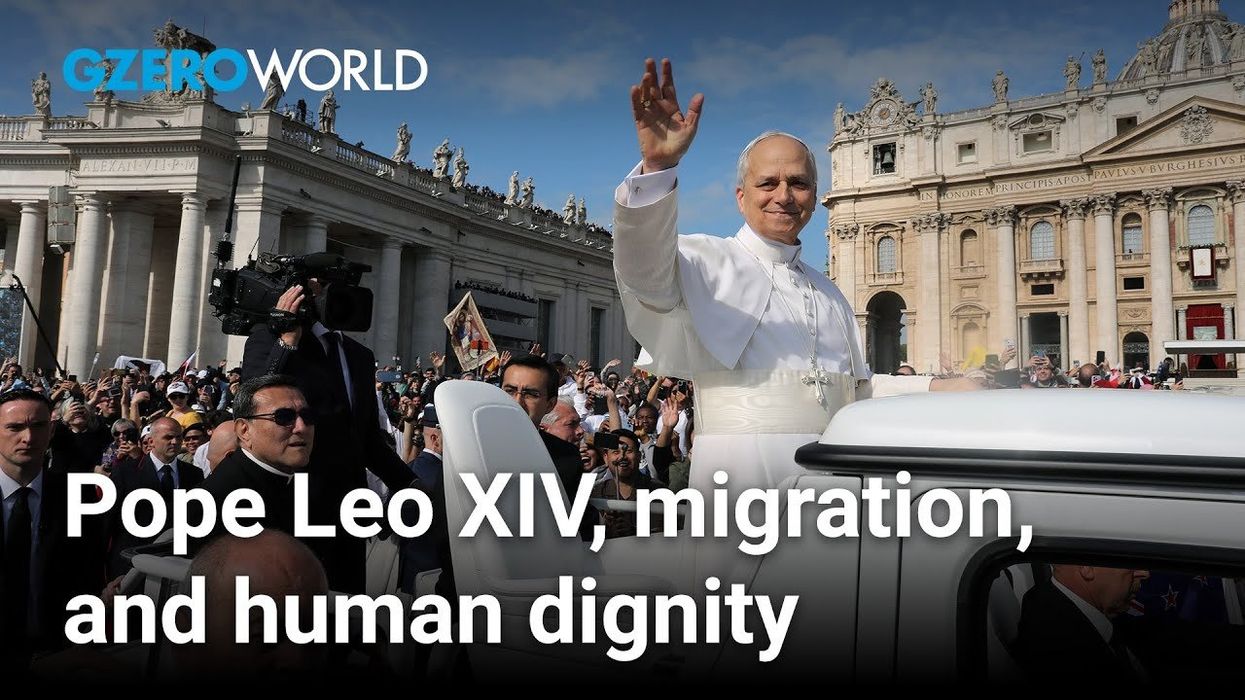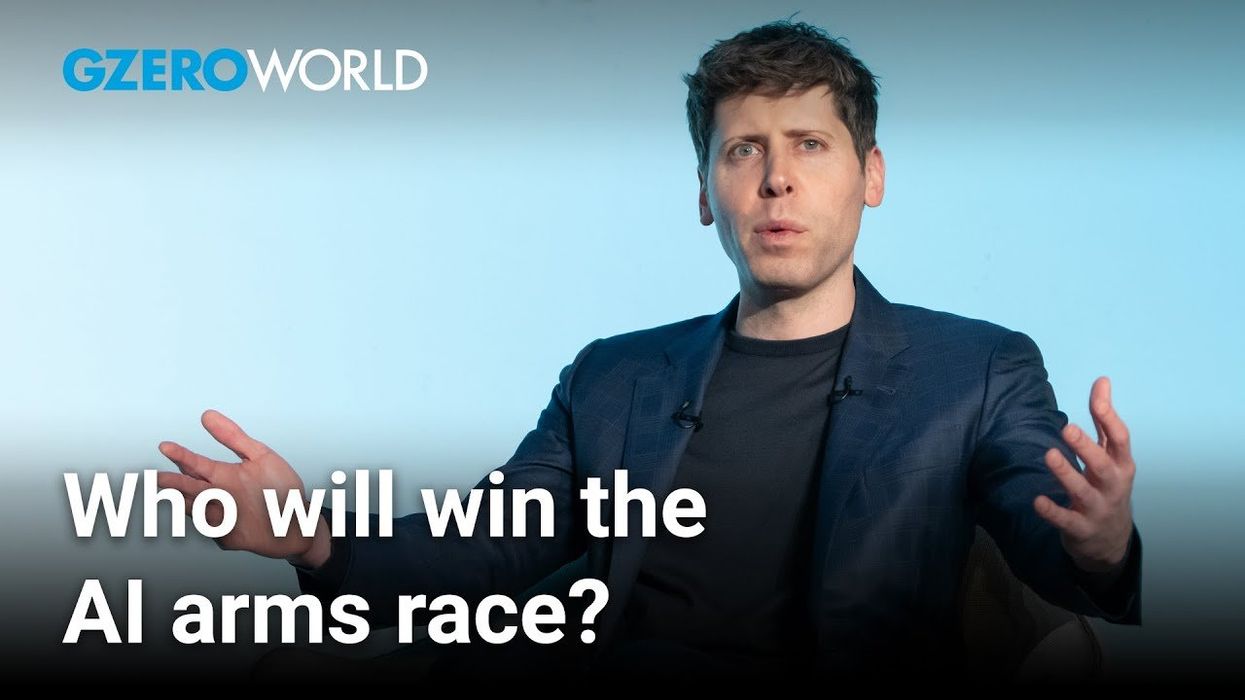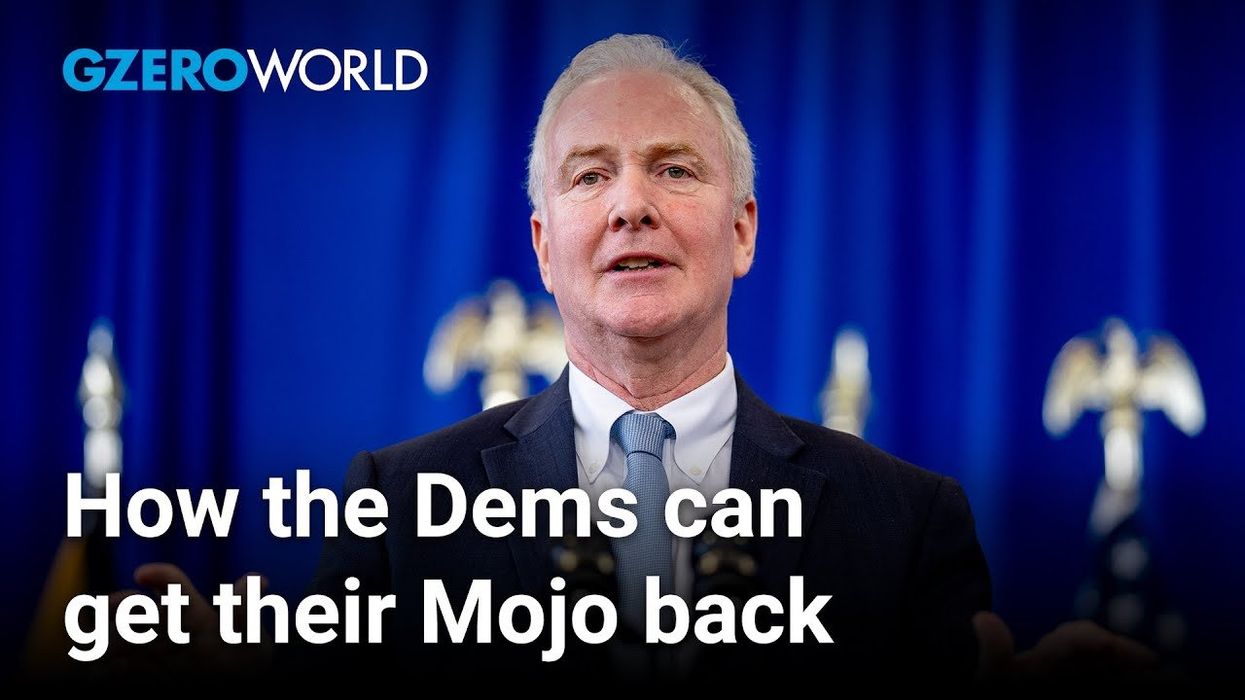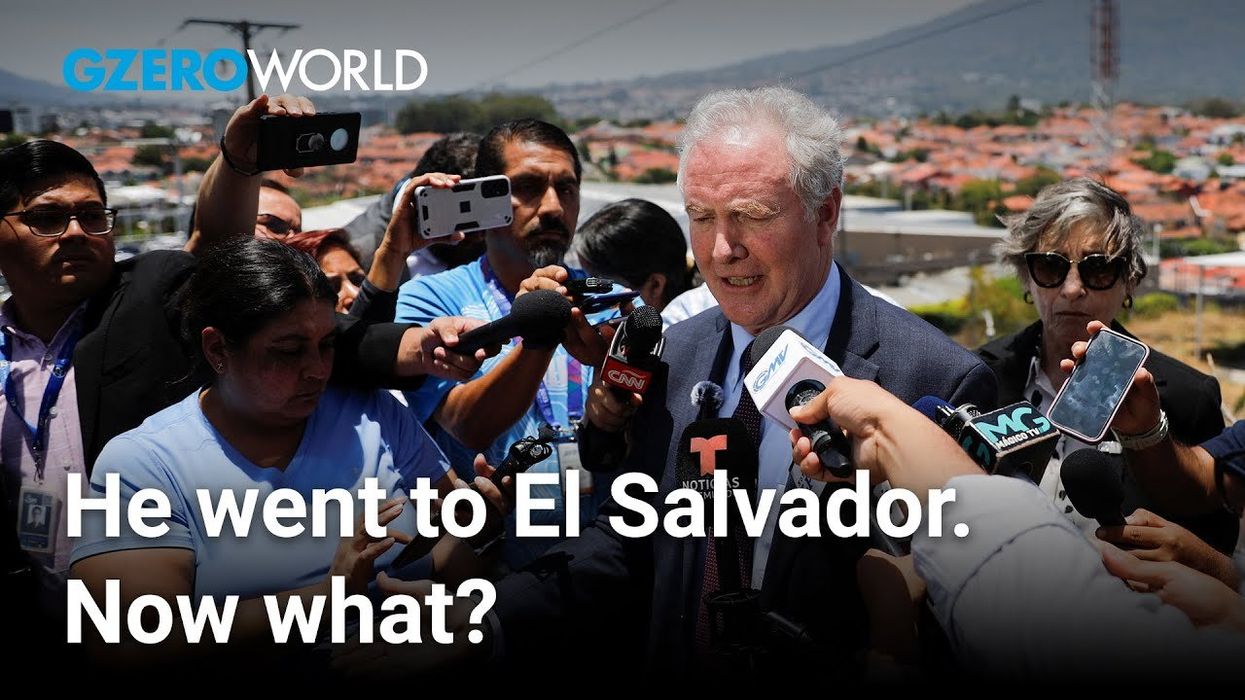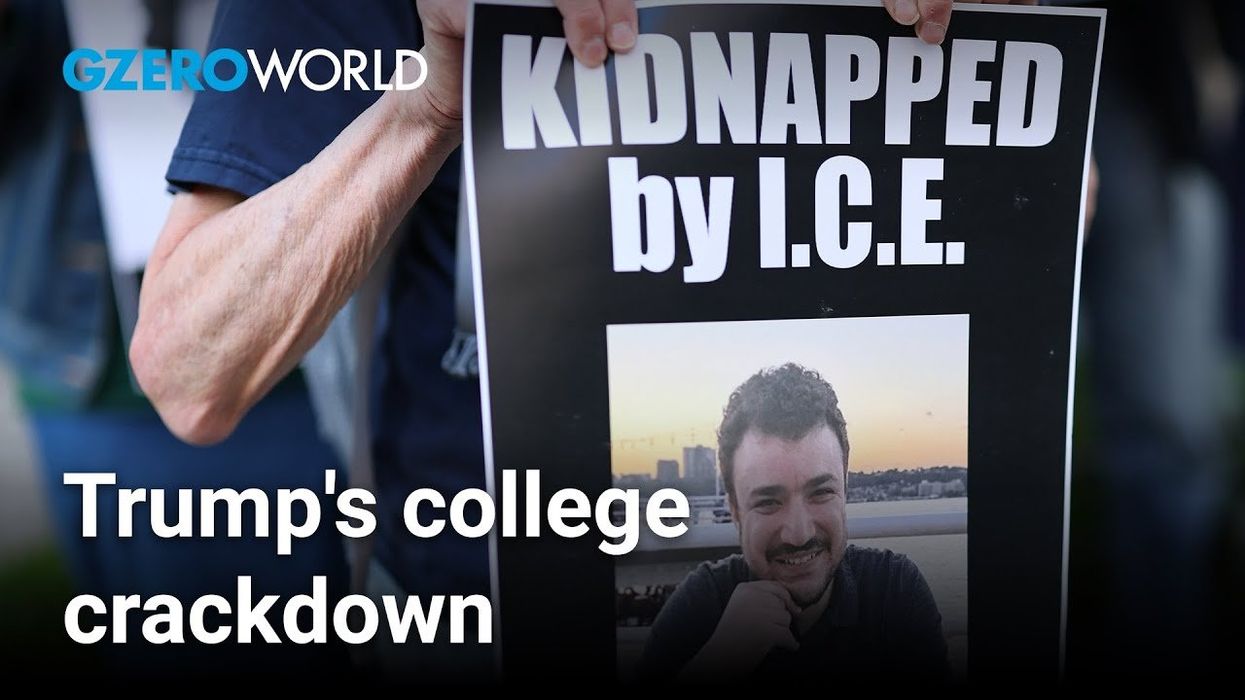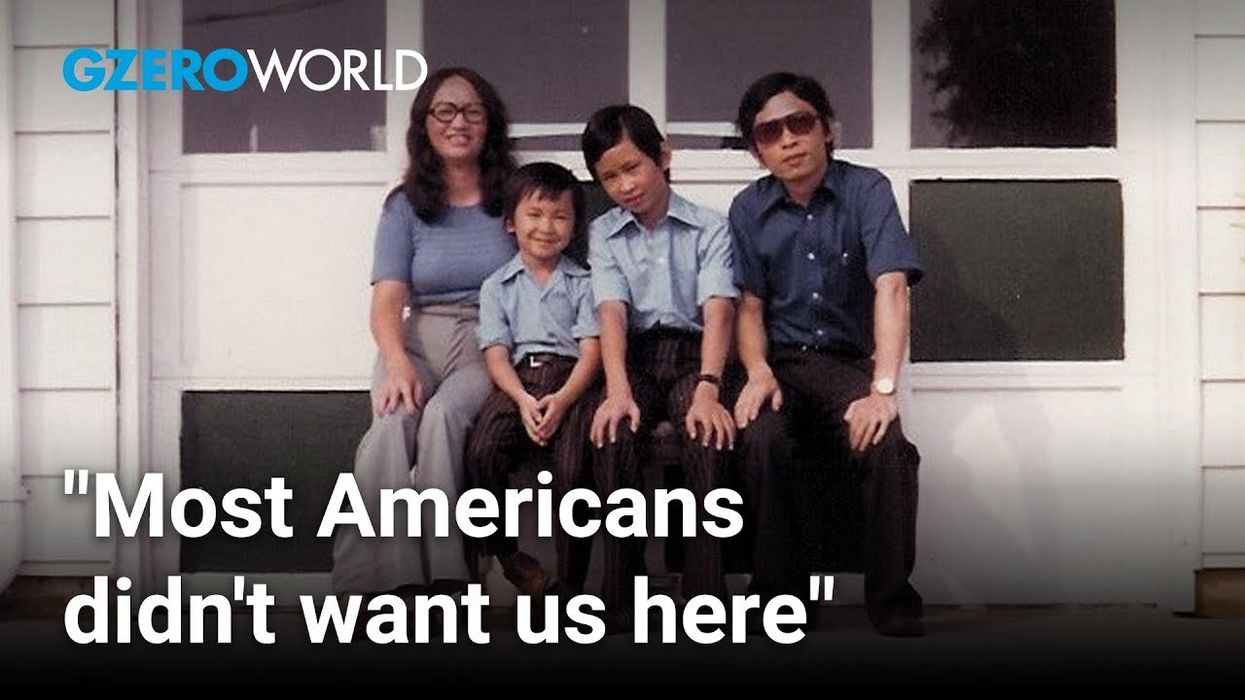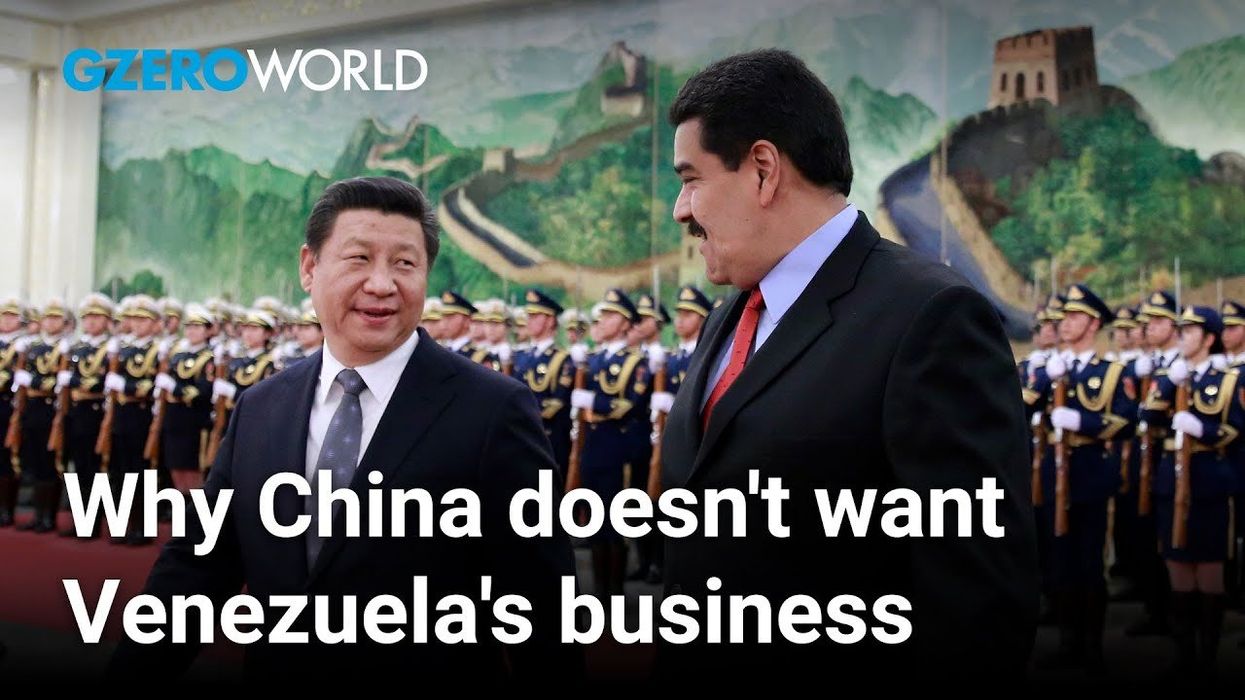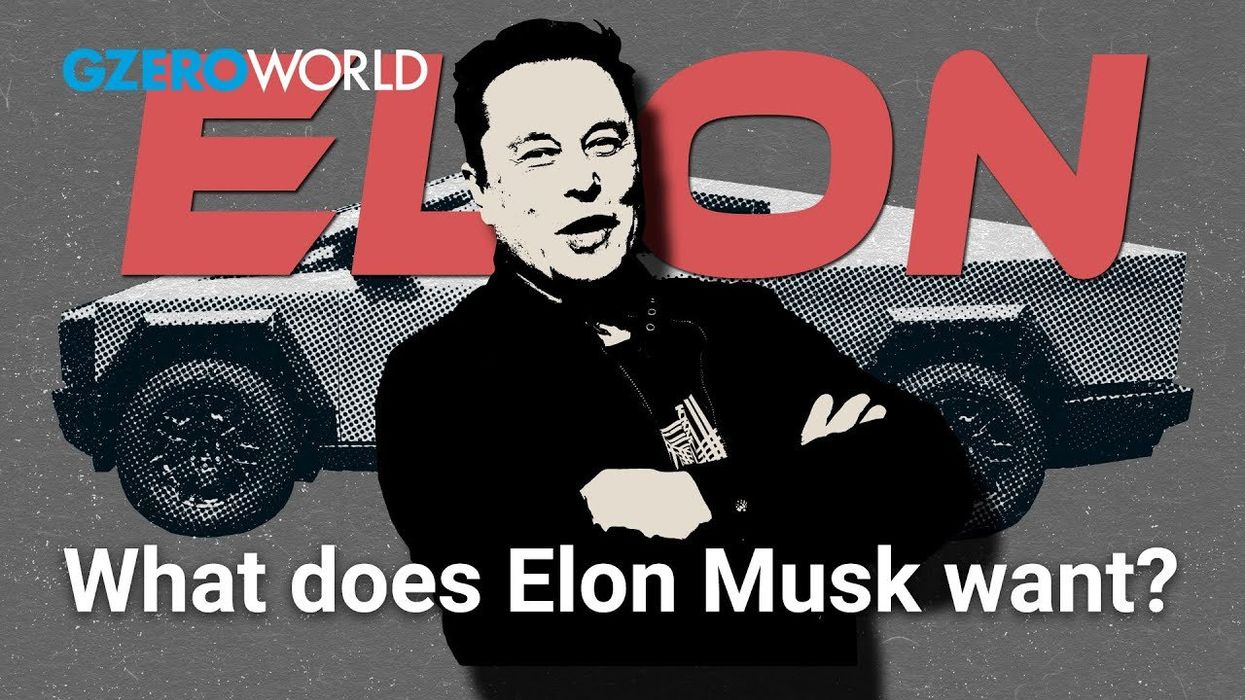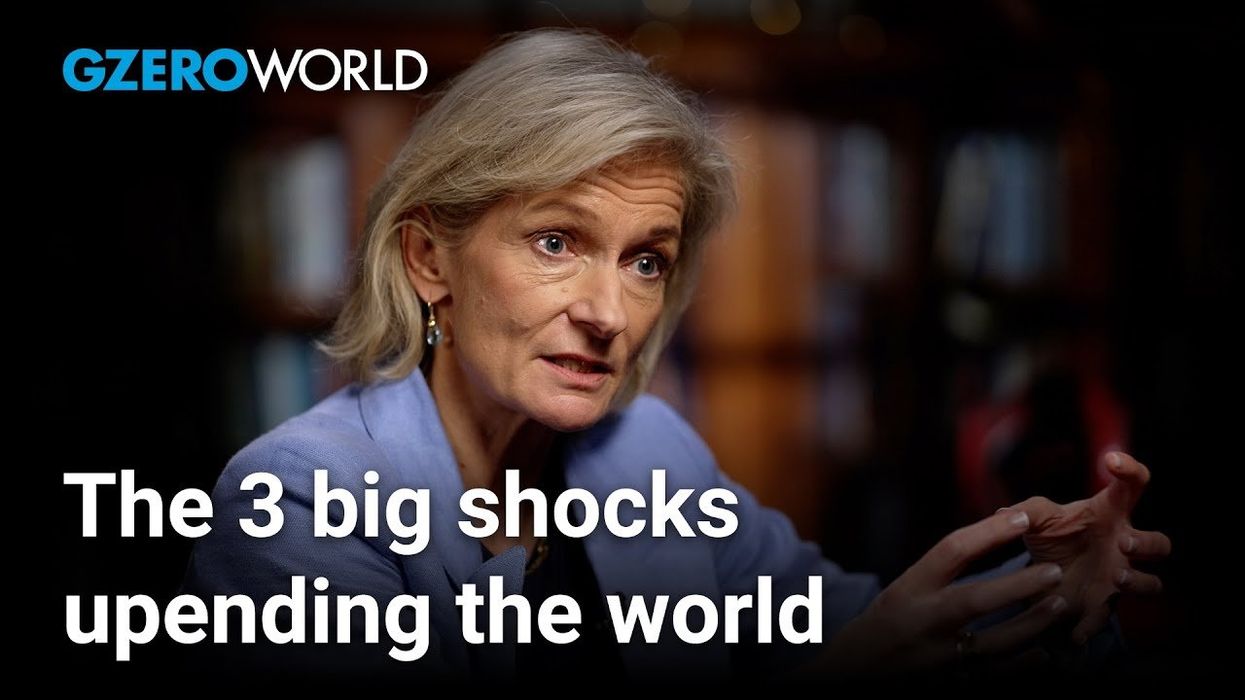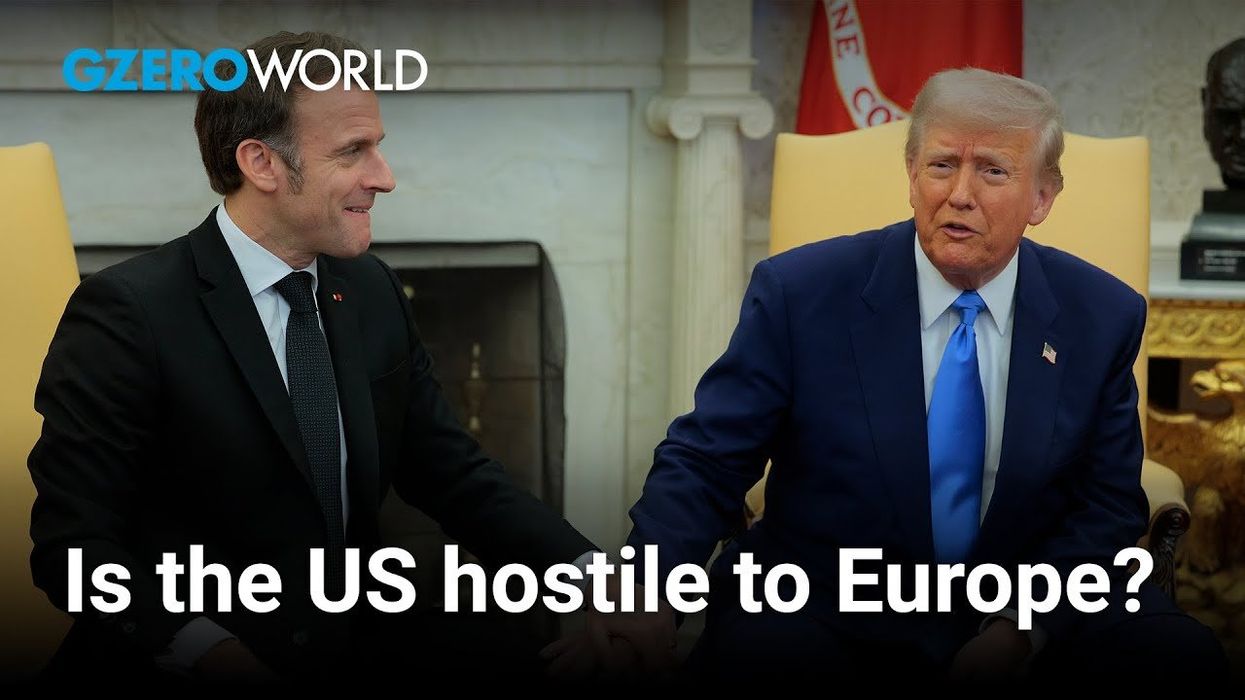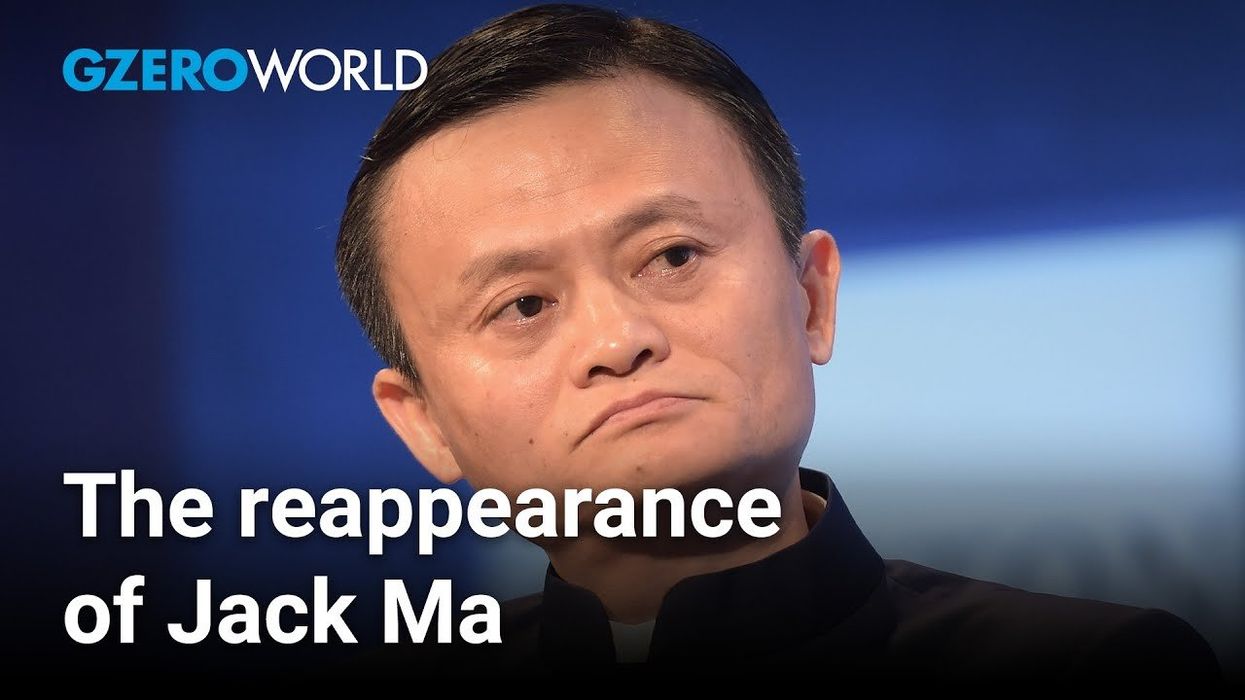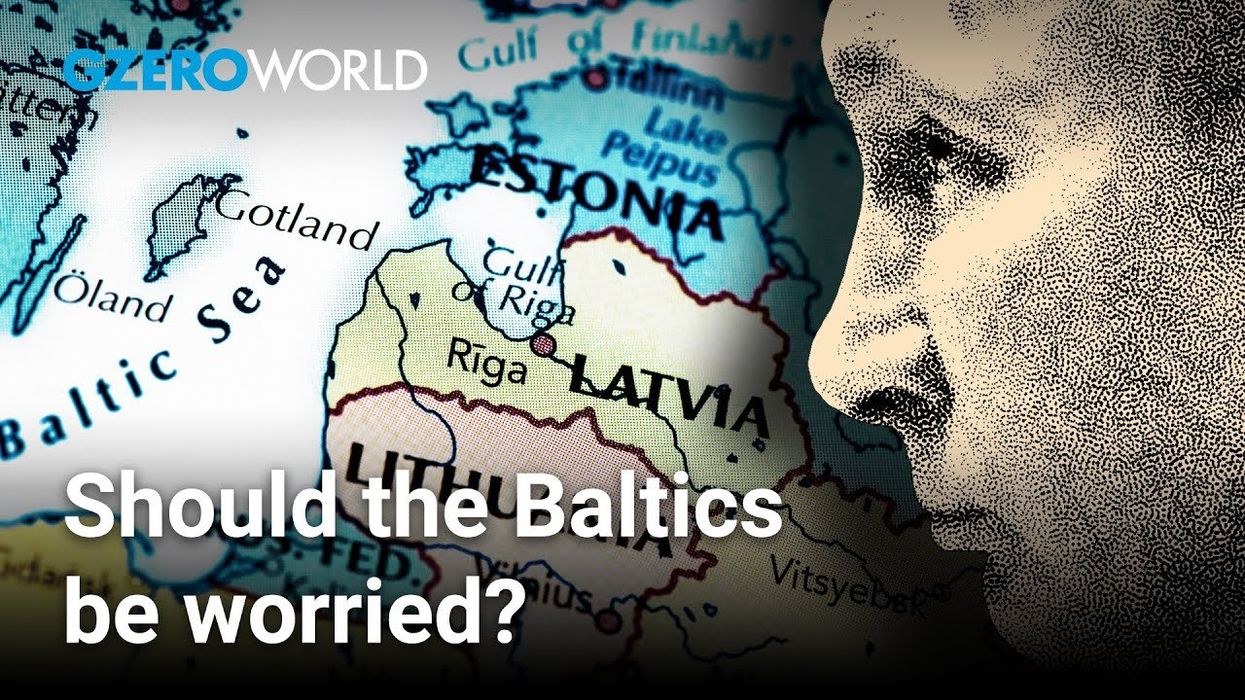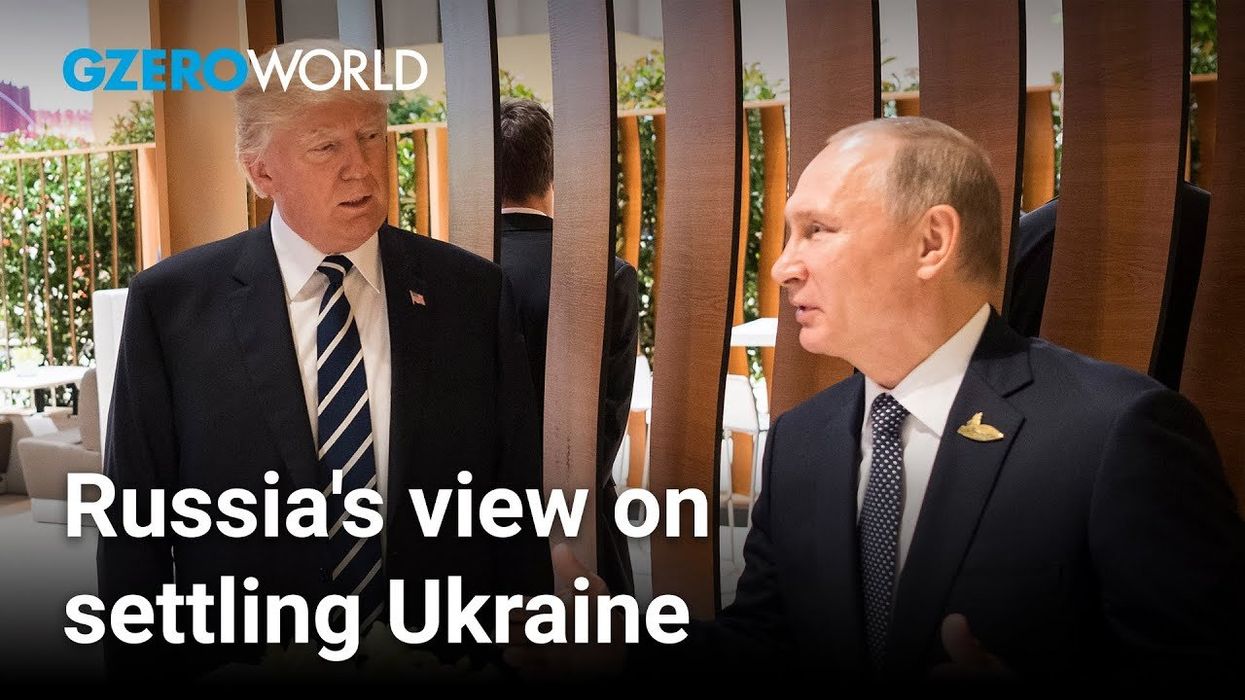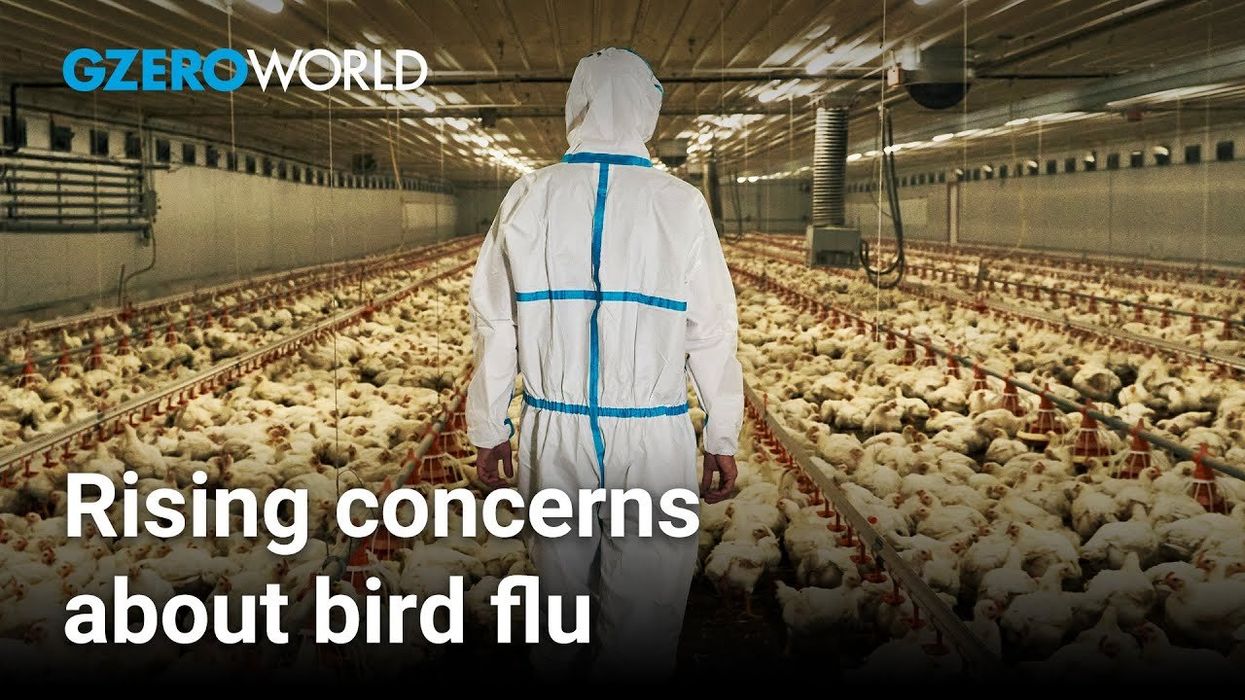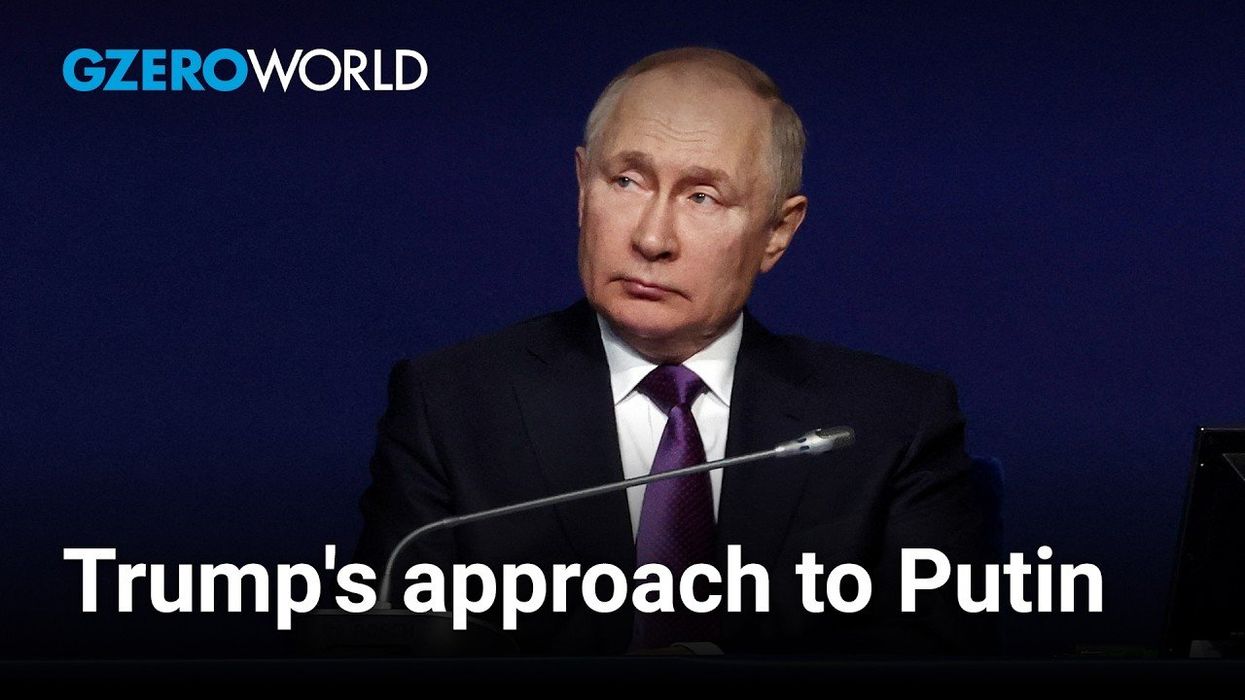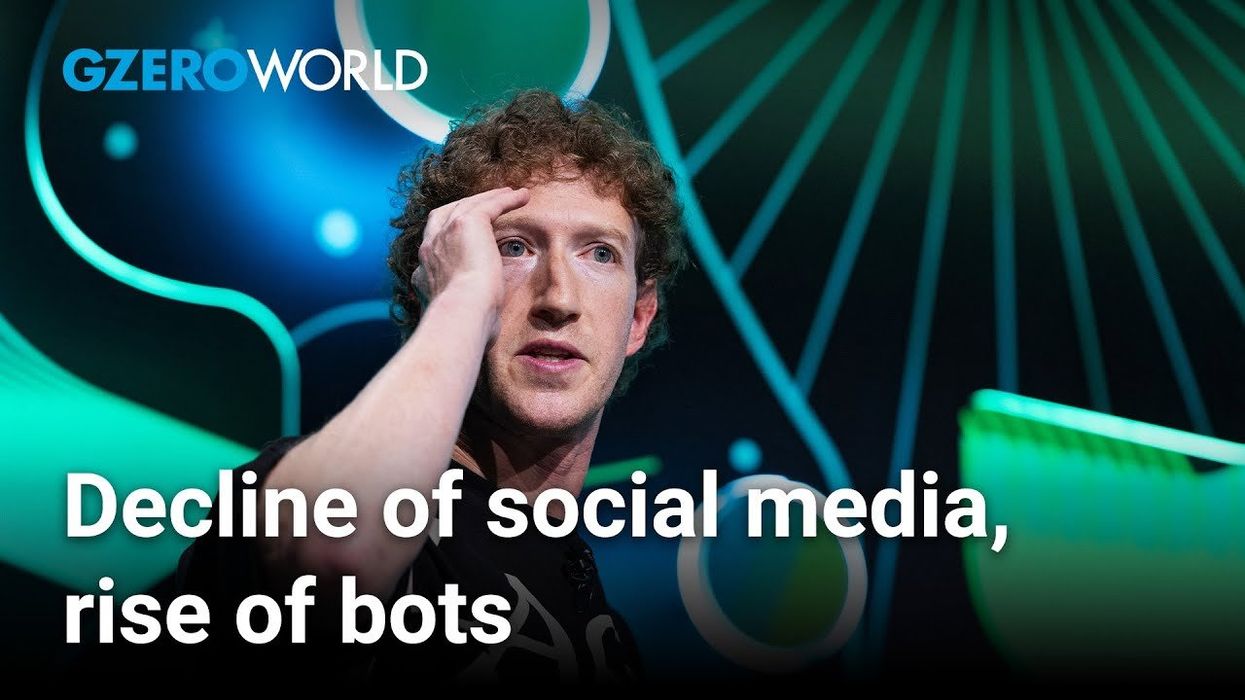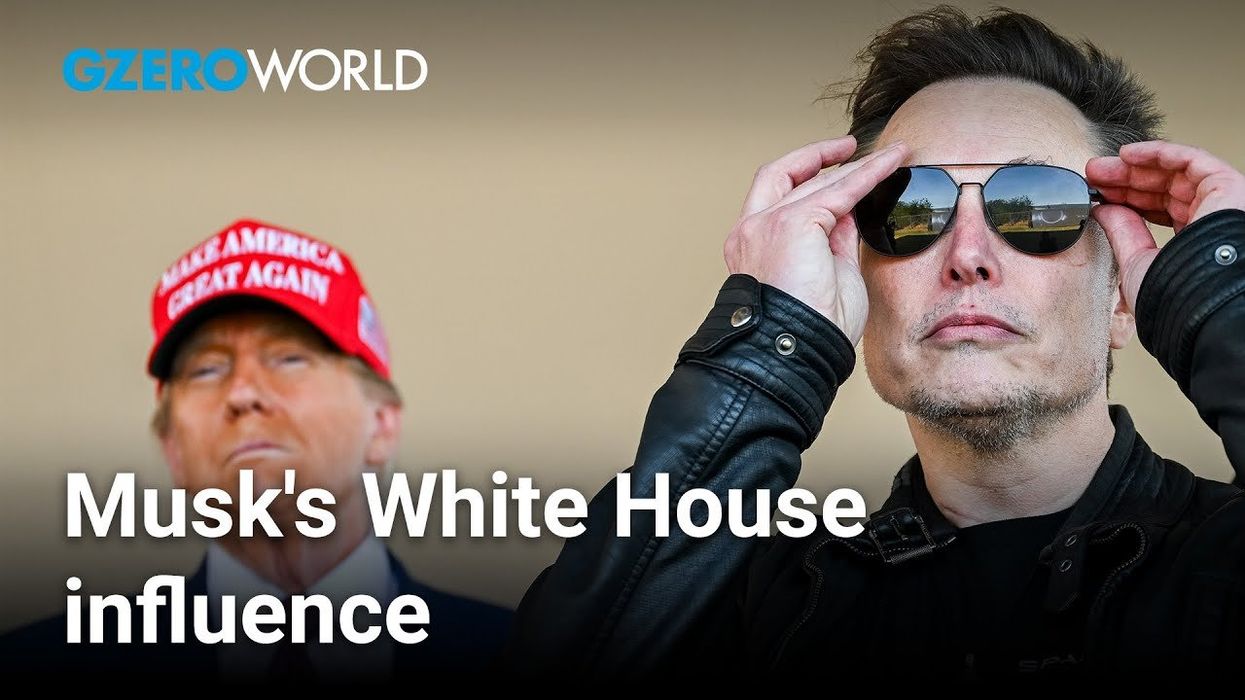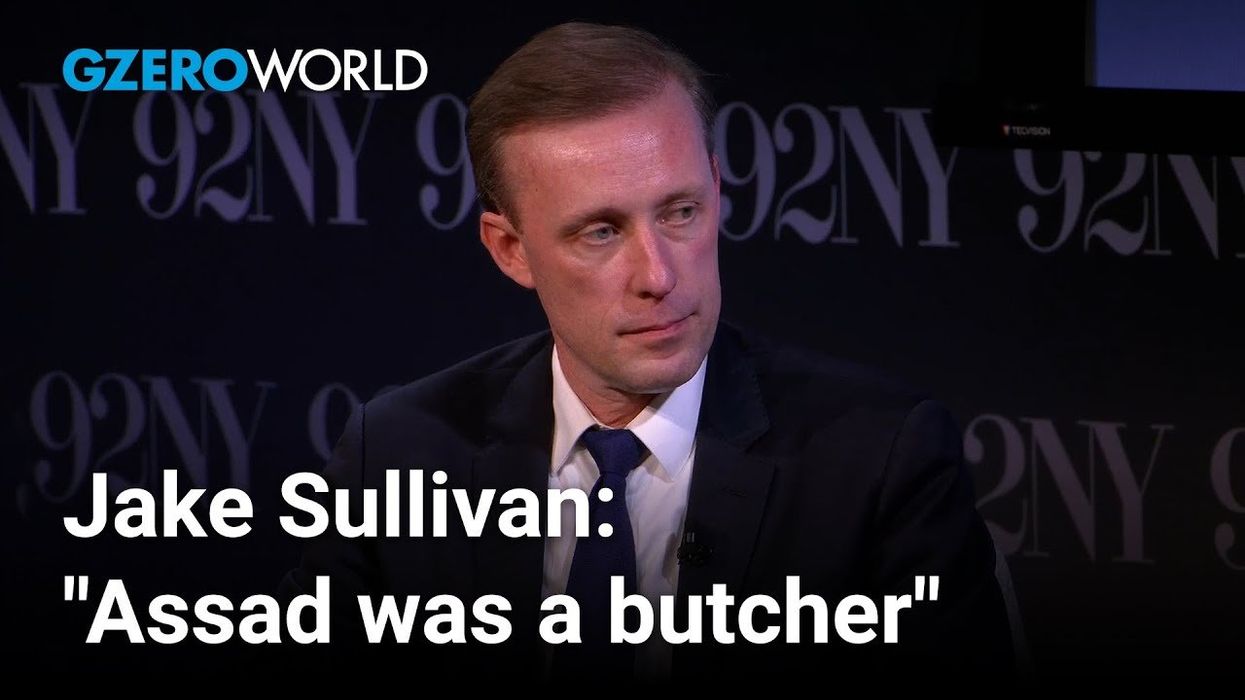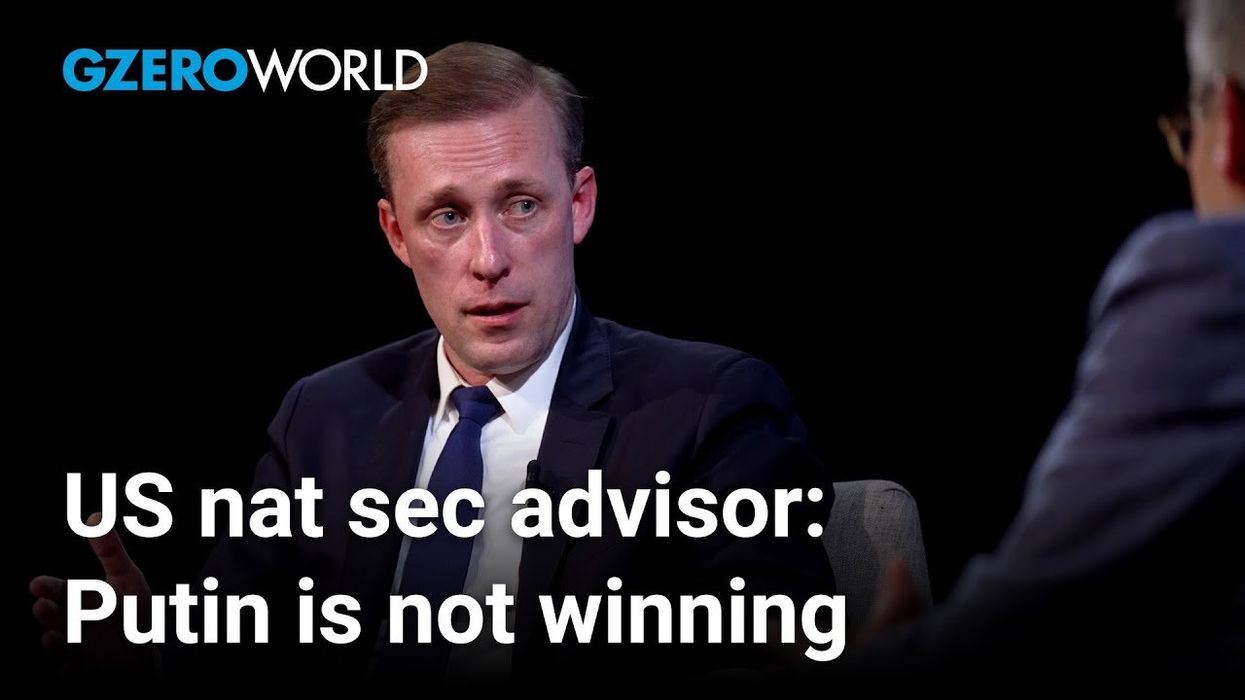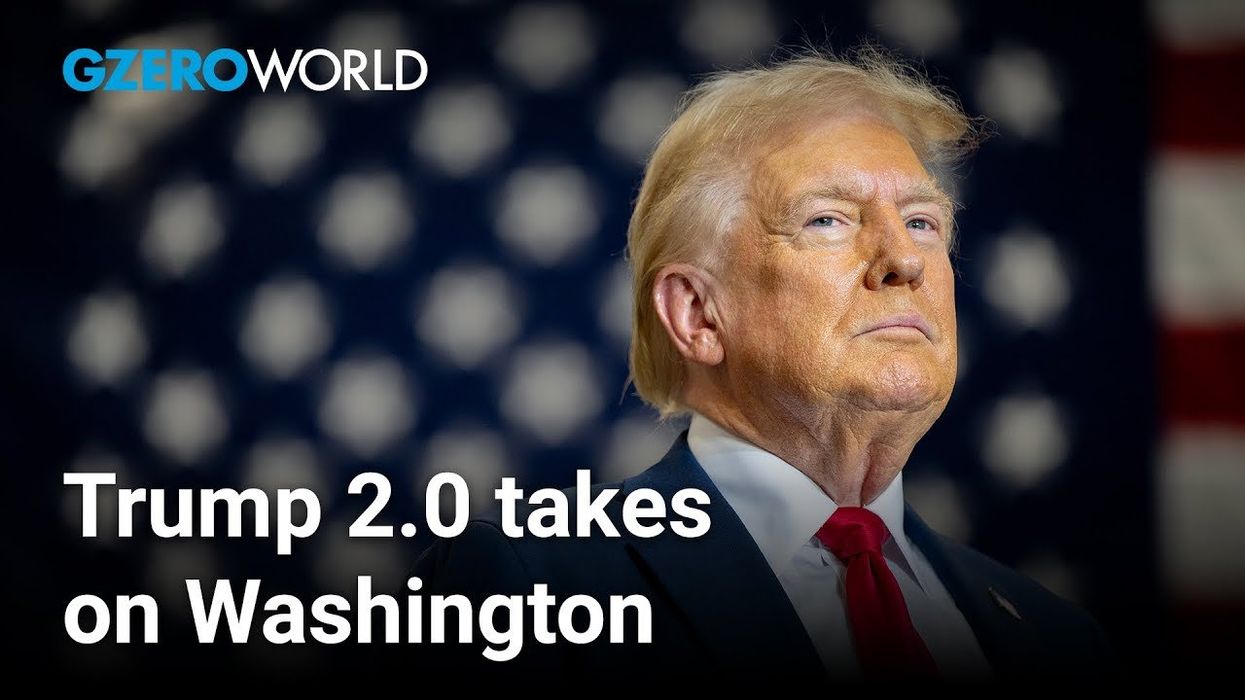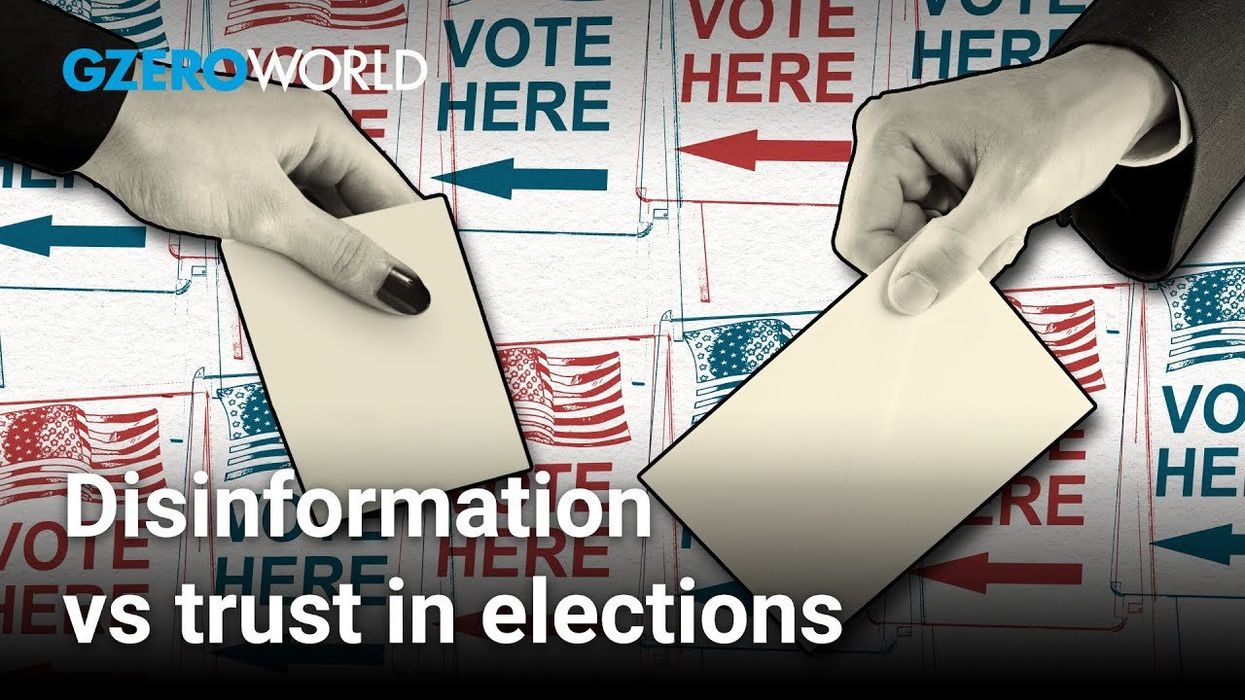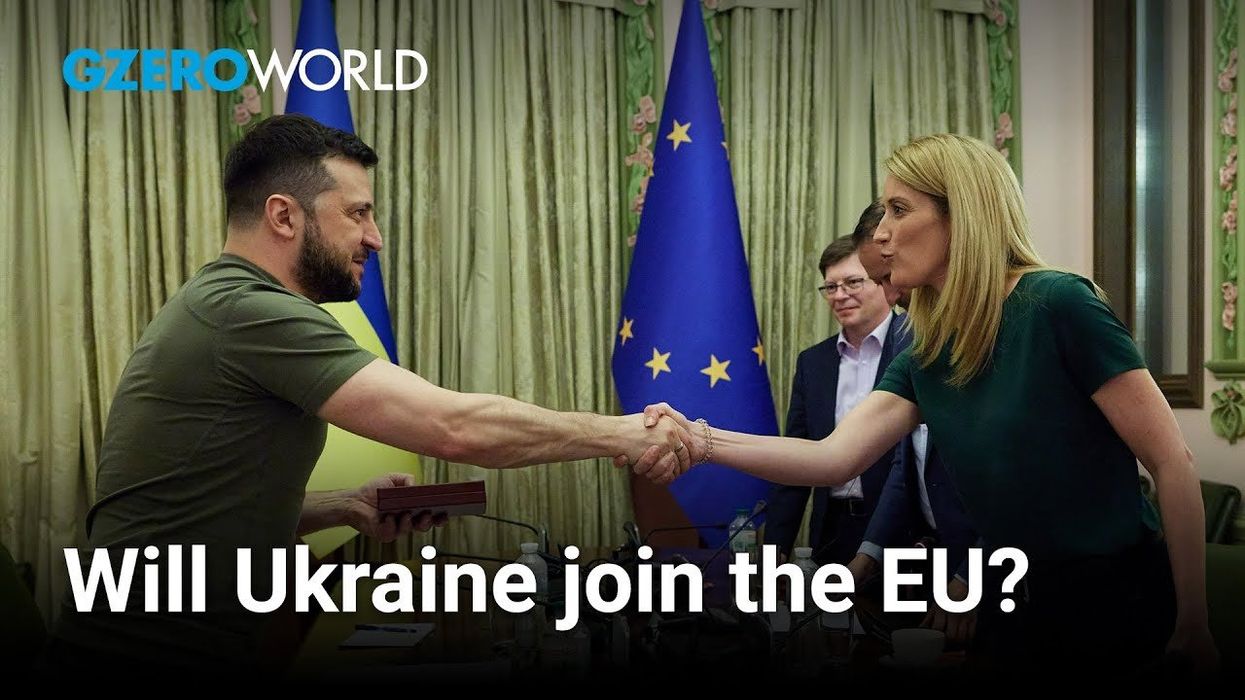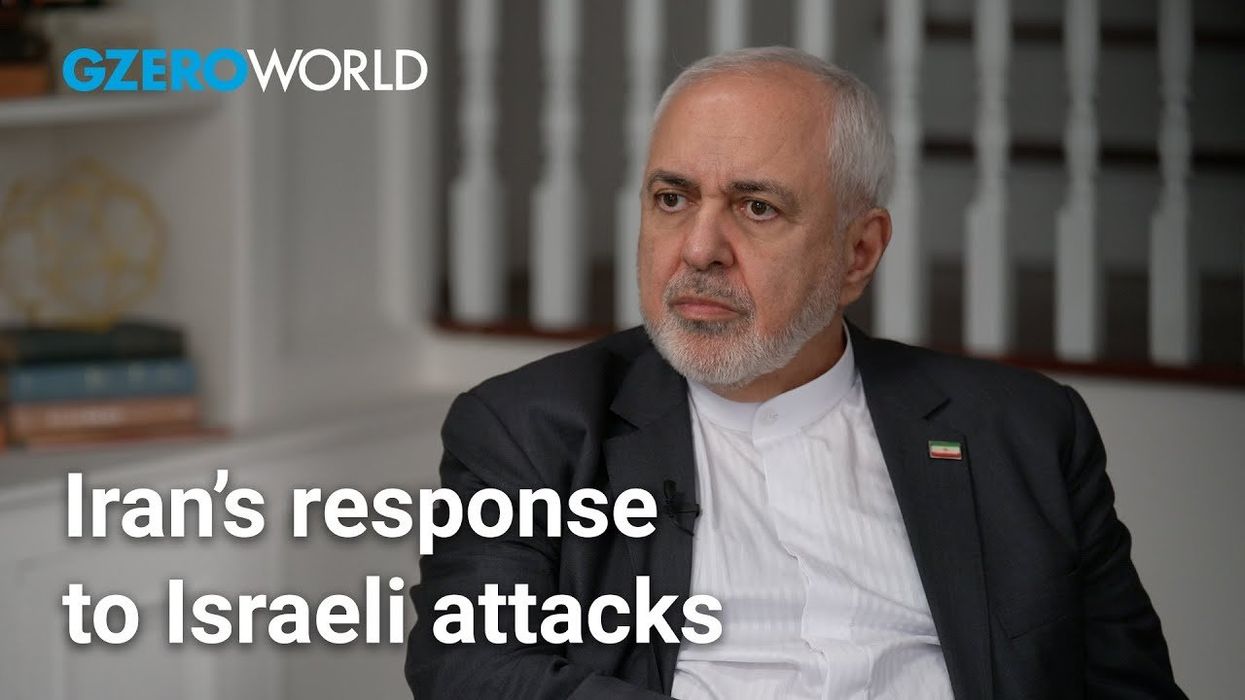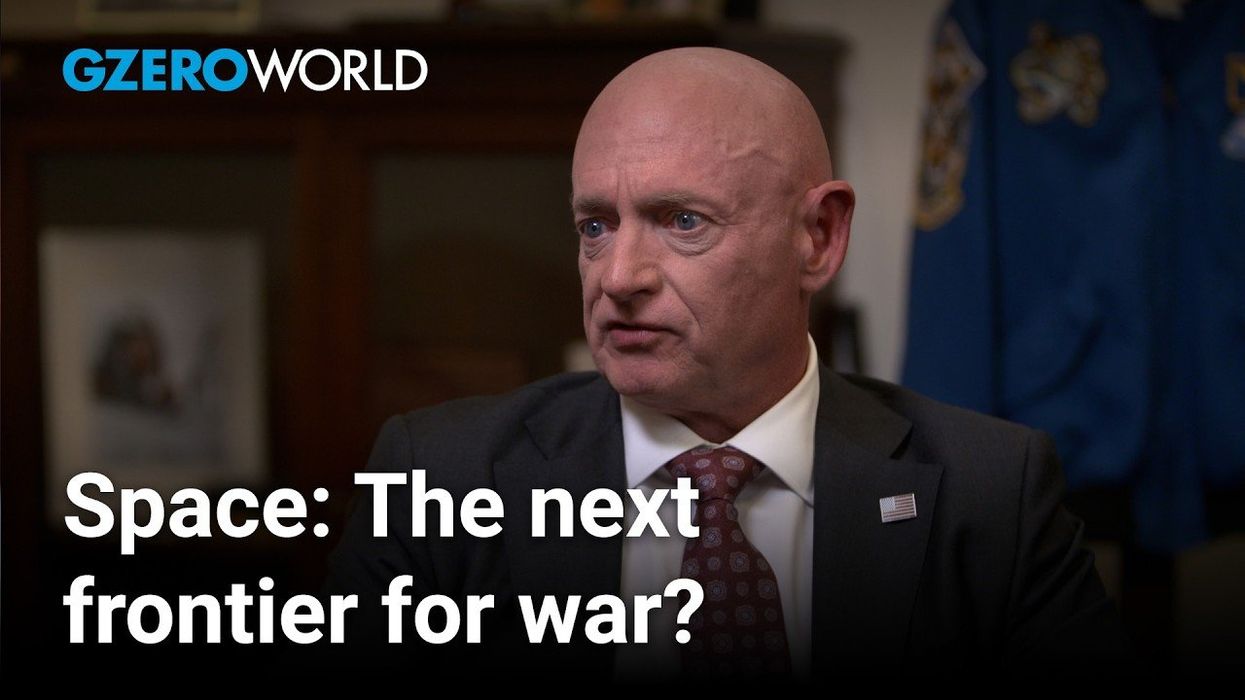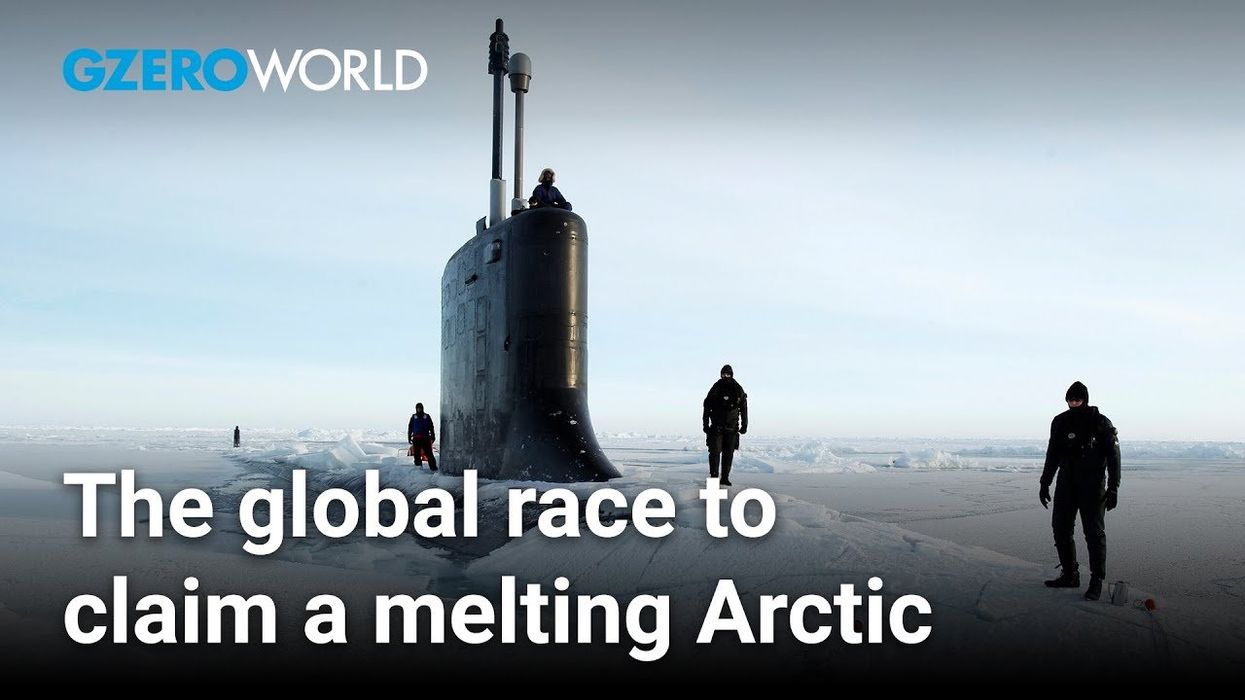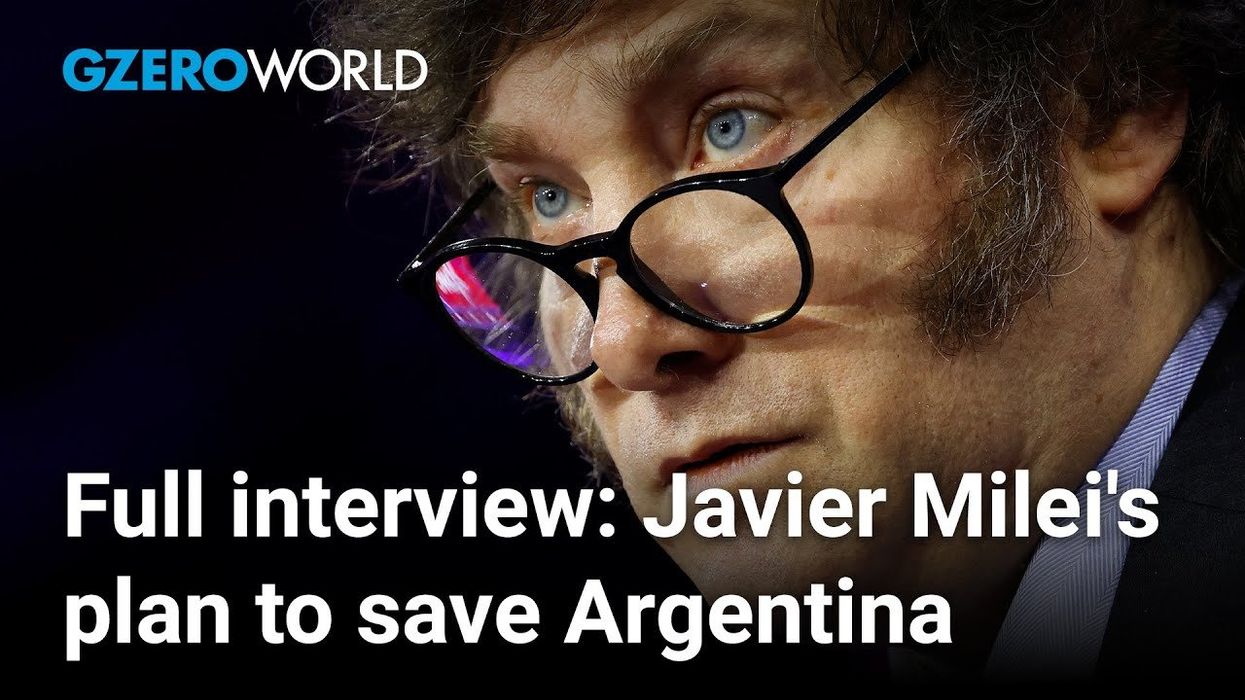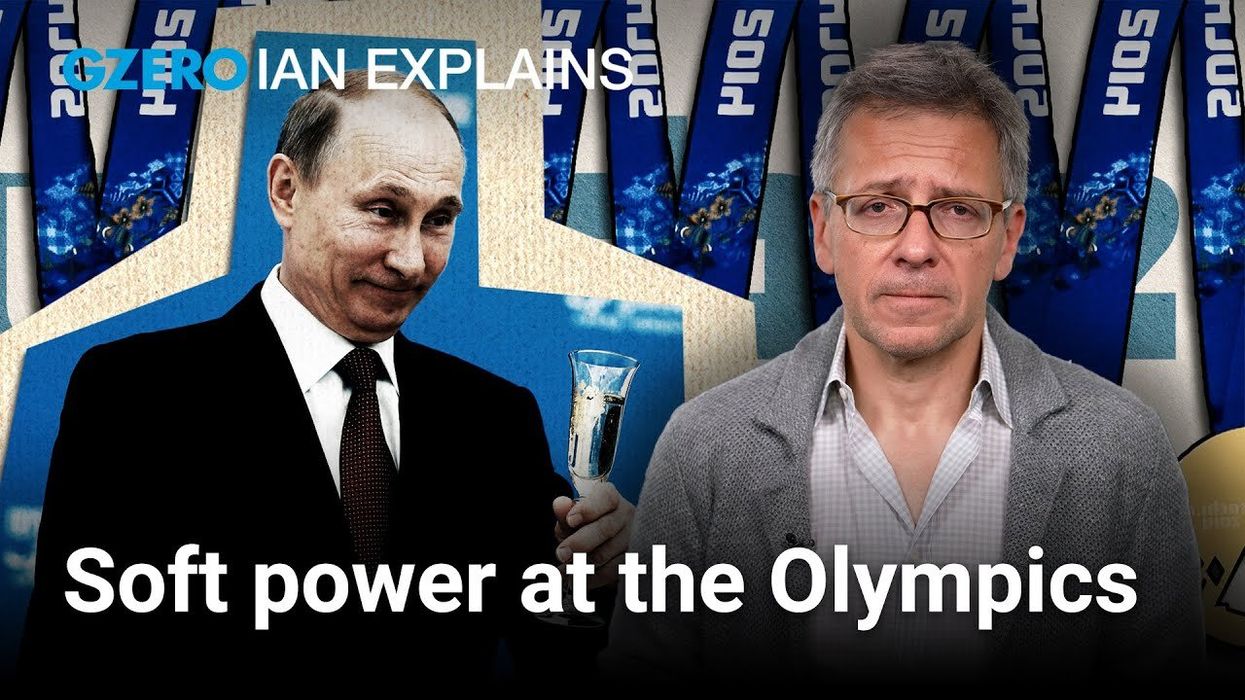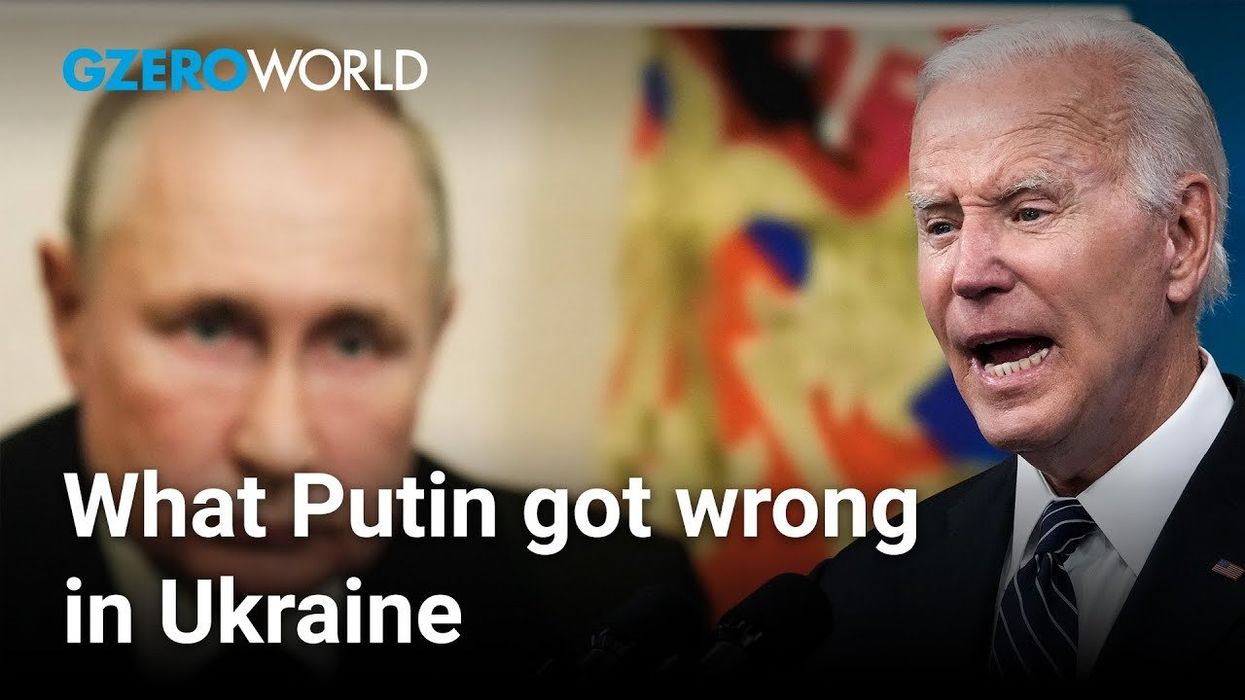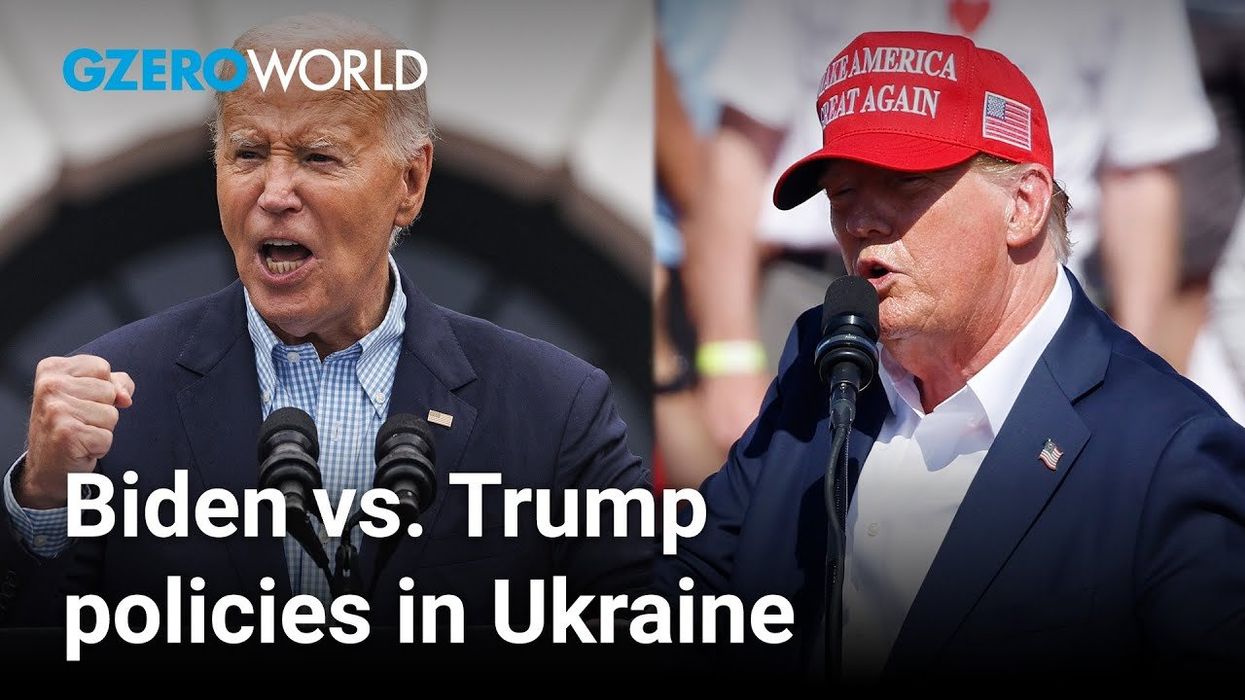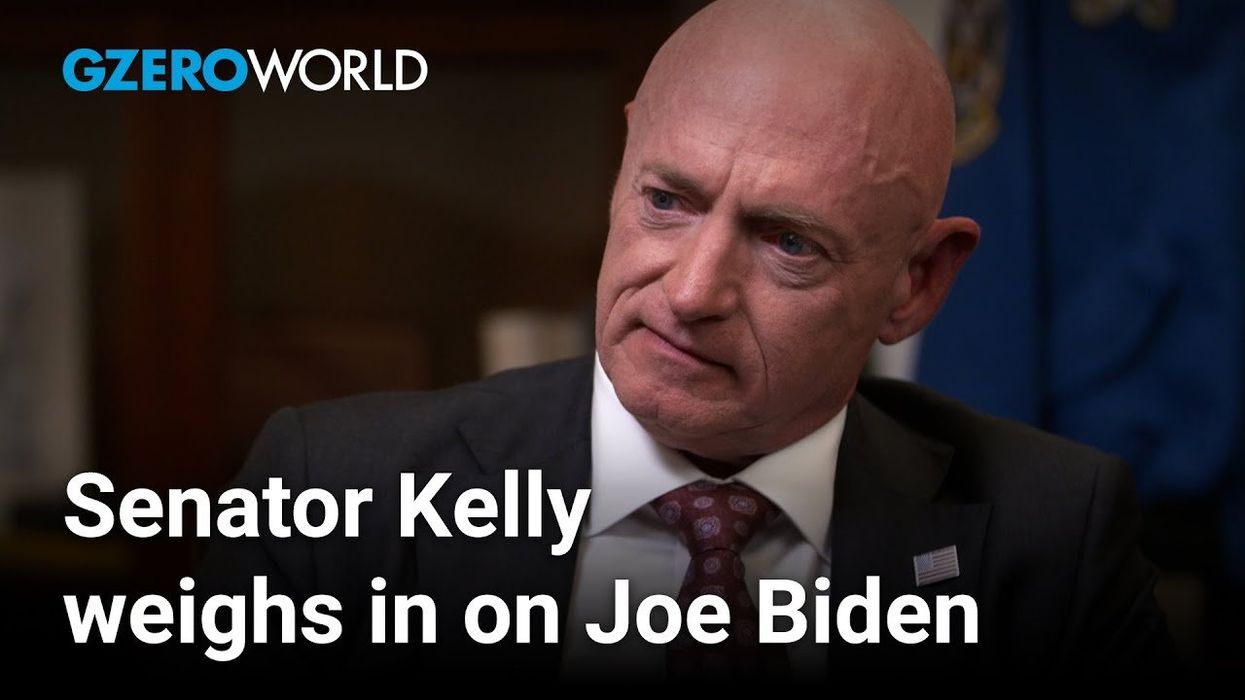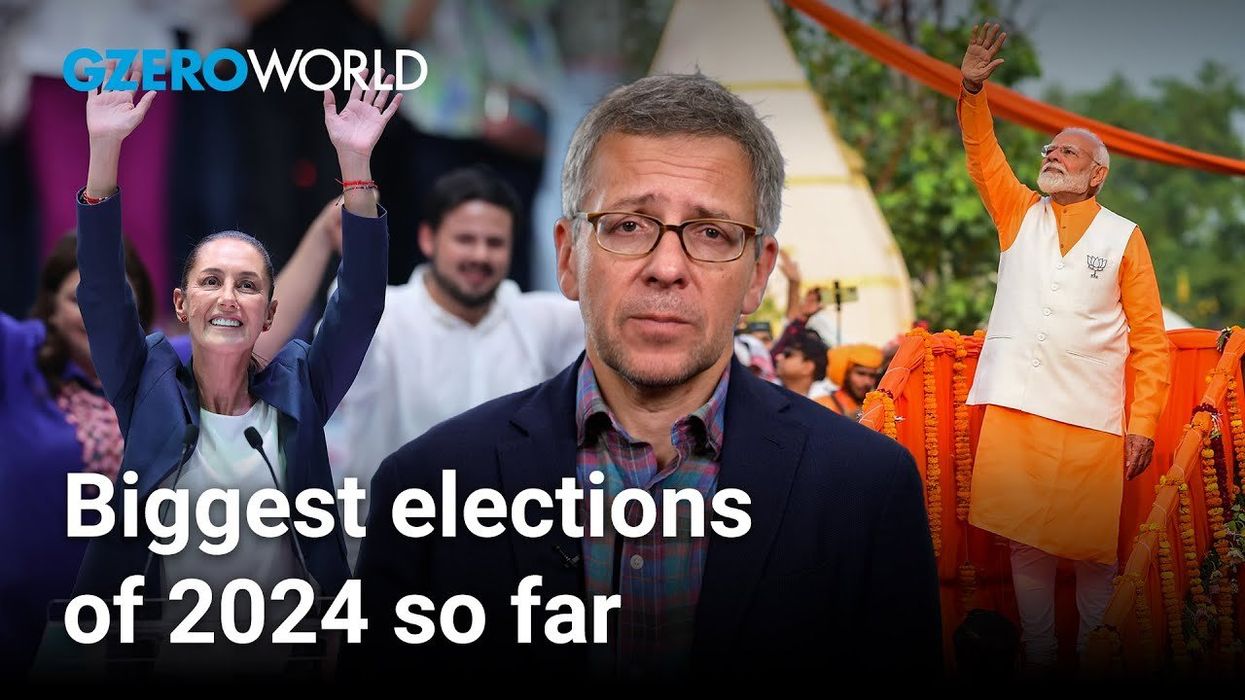VIDEOSGZERO World with Ian BremmerQuick TakePUPPET REGIMEIan ExplainsGZERO ReportsAsk IanGlobal Stage
Site Navigation
Search
Human content,
AI powered search.
Latest Stories
Start your day right!
Get latest updates and insights delivered to your inbox.
GZERO World Clips
Highlights from the GZERO World with Ian Bremmer weekly television show.
Presented by
It’s getting harder and harder to tell fact from fiction. Trust in media is at an all-time low. At the same time, partisanship is skyrocketing, and generative AI is challenging the very idea of truth.
This week on Ian Explains, Ian Bremmer breaks down how the media landscape has changed since the early days of live TV and why the 2024 US presidential election will be a major test of our ability to detect and prevent misinformation from spreading online.
Cable news has come a long way from the 1960 presidential debate between John F. Kennedy and Richard Nixon, where Nixon famously showed up sweaty and pale, while John F. Kennedy showed up tanned and camera-ready. People who listened on the radio thought Nixon won the debate. But on TV, the advantage went to Kennedy and the polls quickly turned in his favor. It was the first-ever live TV debate and forever changed how media and politics interact with each other.
In the 60-plus years since, it’s only gotten harder to separate the message from the medium. A 24/7 cable cycle has turned the idea of news into mass entertainment. And hyper-partisan talk radio shows, thousands of political podcasts, and social media’s endless doom-scroll have created a perfect incubator for information––and disinformation––overload.
2024 will be the first US presidential election in the age of generative AI. The risk of spreading false or misleading information to voters is enormous. Despite calls from industry watchdogs and tech experts, US lawmakers have yet to pass any real guardrails for AI technology. And given the rapid pace of development, by the time the election rolls around next year, it will be even harder to tell an AI-generated video or image from the real thing.
Whether regulators and lawmakers can come up with an effective way to identify and combat AI misinformation is anyone’s guess, but one thing is clear: the stakes are incredibly high. And the future of US democracy may depend on it.
Watch Ian Explains for the full breakdown, and for more on the US, watch GZERO World with Ian Bremmer on US public television and at gzeromedia.com/gzeroworld.
Keep reading...Show less
More from GZERO World Clips
Geoffrey Hinton on how humanity can survive AI
December 09, 2025
Toppling Maduro would be "the easy part" says former Ambassador
November 25, 2025
Sorkin: A financial crisis is coming and CEOs are scared to speak out
November 18, 2025
The surprising similarities between China and the US
November 11, 2025
China isn't racing to AGI, why is the US?
October 28, 2025
Congress is paralyzed. Who will fix it?
October 21, 2025
Russian drone attacks are reshaping life in Ukraine
September 30, 2025
Can the UN stop death and destruction in Gaza?
September 19, 2025
China is winning the clean energy race
September 16, 2025
AI is already discovering new cures
September 08, 2025
The rise of impunity–and its human cost
August 26, 2025
What (or who) will replace USAID?
August 25, 2025
Why Pakistan sees China as a "force for stability"
August 18, 2025
Feldman: Trump is using antisemitism to go after Harvard
August 11, 2025
What's at stake in the US-China trade war
August 04, 2025
Sen Warner: Tulsi Gabbard should resign or be fired
July 18, 2025
China's stockpiling nukes. Should we be worried?
July 15, 2025
Can Taiwan defend itself from Chinese invasion?
June 10, 2025
Growing up as a Vietnamese refugee in 1980s America
April 29, 2025
Life in Saigon during the Vietnam War
April 28, 2025
How Ukraine feels about negotiating with Russia
April 15, 2025
Has China lost patience with Venezuela's Maduro regime?
April 08, 2025
What are Elon Musk's real goals with DOGE?
April 01, 2025
Why China's Xi Jinping needs Jack Ma
March 18, 2025
Could Russia invade the Baltics next?
March 04, 2025
Is President Trump's Russia pivot a win for China?
February 25, 2025
What if Palestinians want to leave Gaza?
February 18, 2025
Should we worry about bird flu in the US?
February 11, 2025
Is Trump's new approach to Putin effective?
February 04, 2025
Are we heading for a dystopian AI future?
January 22, 2025
Will Elon Musk be good for America?
January 21, 2025
Fukuyama: It’s hard to build anything in the US with so many rules
January 14, 2025
Trump can't "stay out" of Syria entirely, says Kim Ghattas
December 17, 2024
Can Trump's tariff plan boost the US economy?
December 10, 2024
Trump wants to be the one to end the Ukraine war, but at what cost?
November 27, 2024
Trump 2.0 cabinet picks: "Loyalty is the currency of the moment"
November 26, 2024
Should we be worried about population decline?
November 19, 2024
Donald Trump will take office with unprecedented power
November 08, 2024
Ukraine and the future of Europe
October 22, 2024
Ukraine war: What freedom looks like
October 15, 2024
Iran's VP denies supporting Russia in Ukraine war
October 06, 2024
Ukraine's tech use against Russia is revolutionizing warfare
October 02, 2024
Iran's right to self-defense: VP Mohammad Javad Zarif
October 01, 2024
EXCLUSIVE: Iran VP denies plot to kill Trump
September 26, 2024
Guterres: Now is the time for UN Security Council reform
September 23, 2024
Can the UN get the world to agree on AI safety?
September 18, 2024
UFOs must be investigated, says former astronaut Sen. Mark Kelly
September 18, 2024
Can the US stay ahead of Russia & China in the space race?
September 11, 2024
Will the DNC momentum take Democrats all the way?
August 25, 2024
Russia wants to erase Ukraine's identity
August 20, 2024
As the Arctic melts, geopolitics heats up
August 15, 2024
Javier Milei's plan to save Argentina: Full interview
August 08, 2024
Argentina's Milei shares strong views on China and Israel
August 05, 2024
Can Milei save Argentina's economy using "shock therapy"?
August 04, 2024
The dangers of sportswashing for the Olympics
July 29, 2024
Could the Olympics ever be free of politics?
July 28, 2024
Ian Explains: Why authoritarian rulers love the Olympics
July 26, 2024
How will the summer of 2024 be remembered in US history?
July 22, 2024
Extremists vs. moderates: The real divide in US politics
July 20, 2024
Ian Bremmer’s 2024 elections halftime report
June 26, 2024
GZERO Series
GZERO Daily: our free newsletter about global politics
Keep up with what’s going on around the world - and why it matters.
